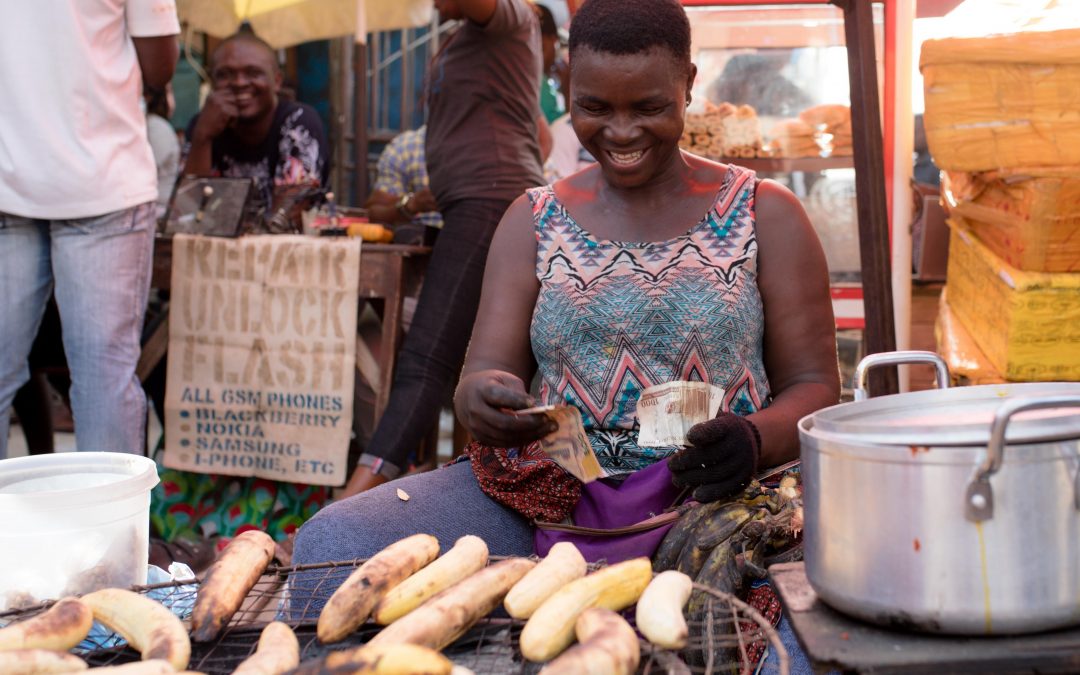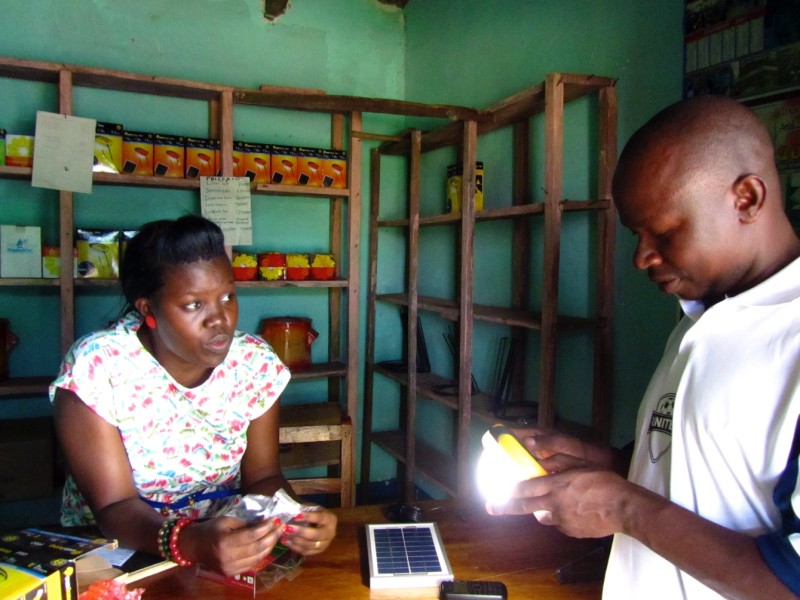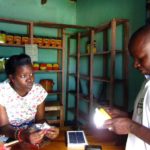
A LOAN IS AN ACT OF TRUST
A LOAN IS AN ACT OF TRUST by Aaron Kirunda
In communities where access to credit is a challenge due to high interest rates and or disproportionate collateral, the economy is trapped in a negative circle, unable to grow:
NO CAPITAL – NO ENTREPRENEURS – NO COMPANIES – NO ADDED VALUE
In Uganda, banking institutions provide loans with interest rates higher than 25% per year and collateral that is 2 times the value of the loan, while micro-finance institutions provide loans that is sometimes higher than 120%. These terms push the majority of low income entrepreneurs to look for alternative financing mechanisms. They usually end up with loan shacks charging interest rates higher than 150% per year for limited amounts of capital over short terms periods.
With the emergence of credit over the phone through mobile money promising easy access and a reliable micro-finance option for low income communities, interest rates are 9% per month or 108% p.a. You can only qualify for a sizeable loan amount after saving with the provider over a perioid of time in addition to regular use of the service.
Which business can increase value at a higher rate than 100% per year in order to reimburse these loans !?
In an attempt to challenge the status quo, I have seen how in Uganda companies like Numida or Patasente, provide business acumen to limit the risk of lending capital to SMEs. They do this by proposing lower interest rates and better conditions, including uncollateralized loans to low income entrepreneurs.
Their work in providing access to capital is essential because the power of a loan goes way beyond the amount of money this loan injects in a business. Credit is literally trust, and by granting a loan, we grant an entrepreneur trust in her project, and her capacities to conduct it. Granting an entrepreneur with this kind of trust is what ultimately makes her accomplish the impossible.





